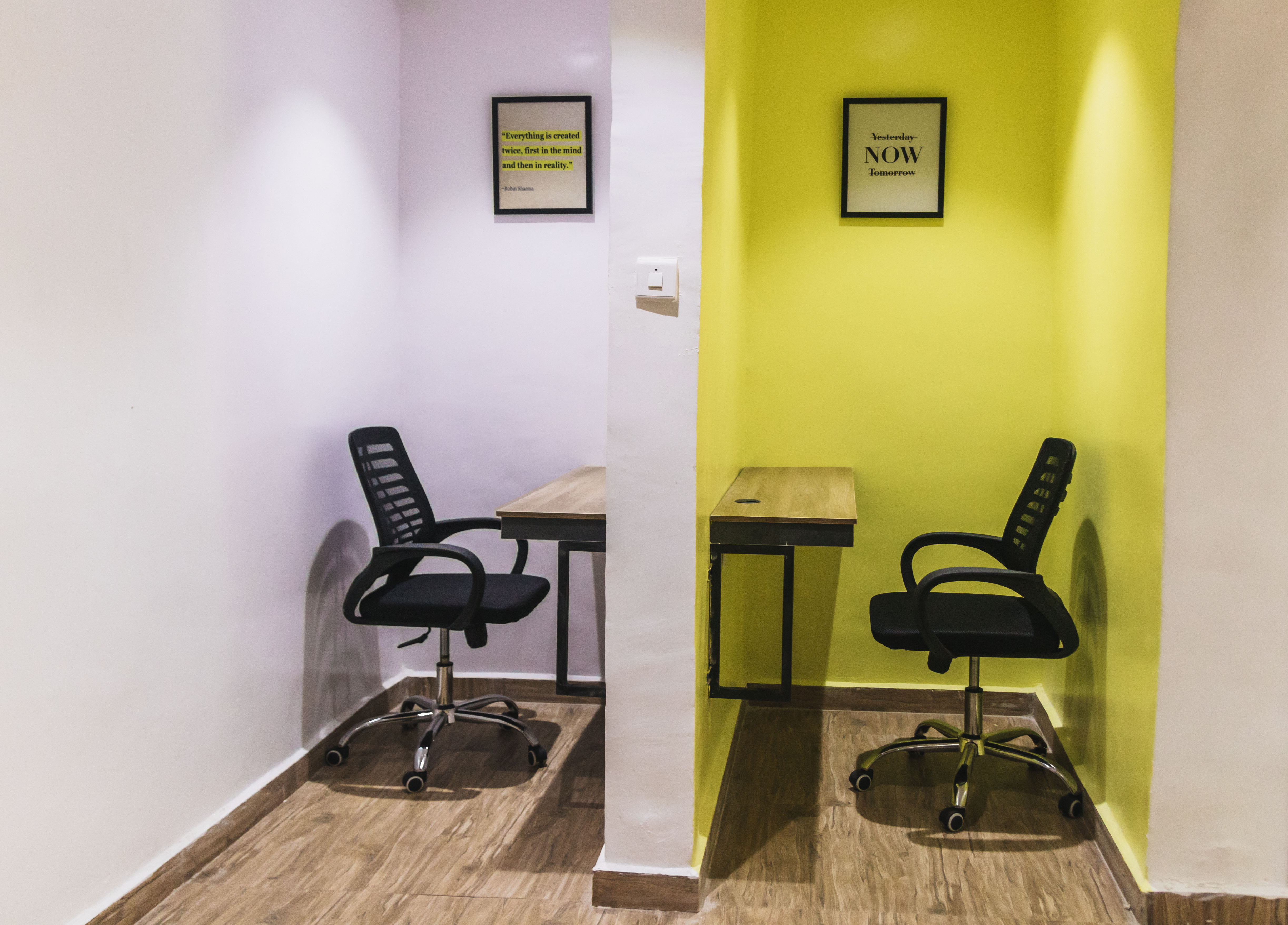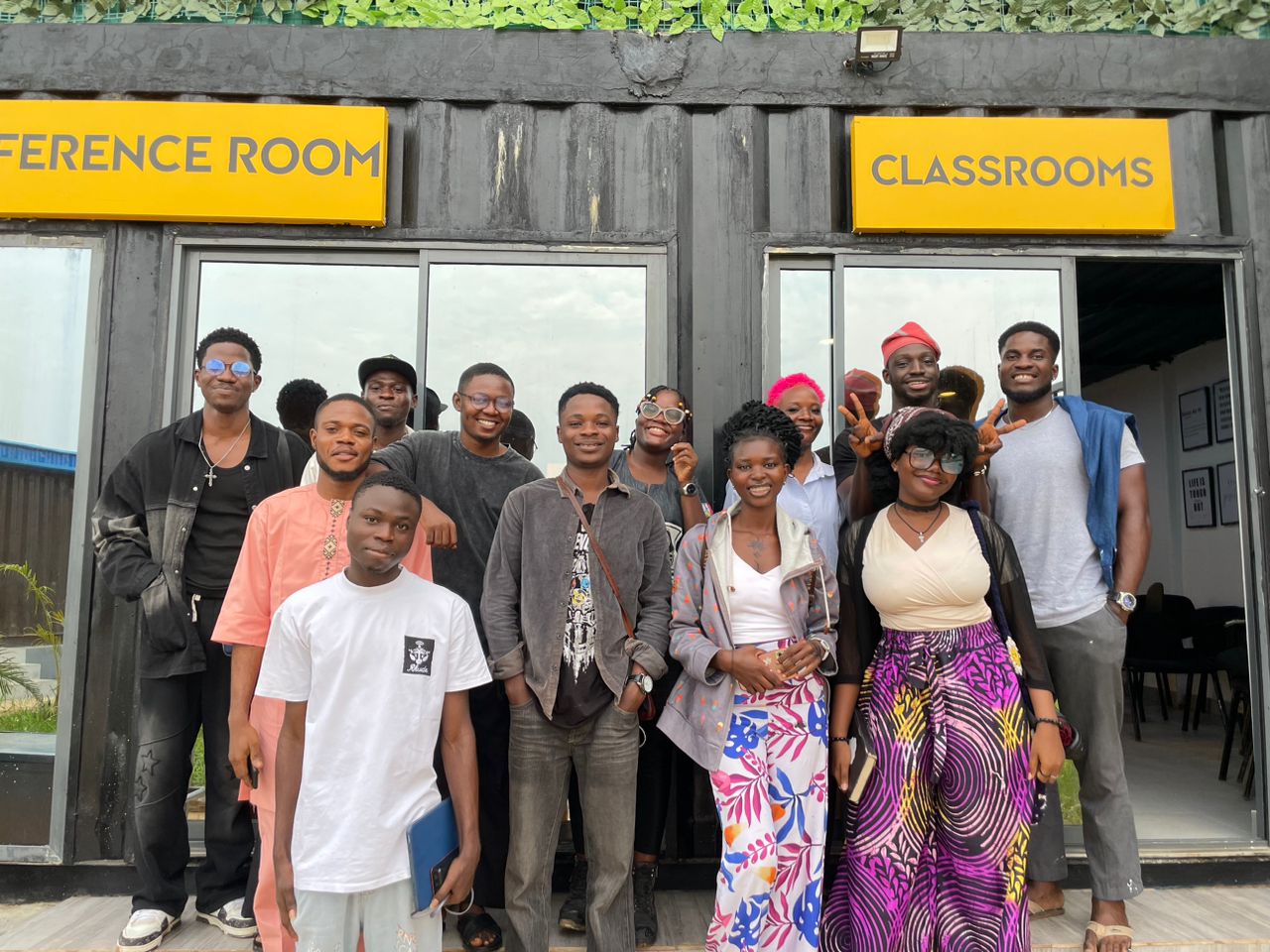How Insecurity Fuels the 'Japa' Syndrome: Impact on Nigeria’s Entrepreneurial Ecosystem
Introduction
In recent years, Nigeria has experienced a significant surge in emigration, popularly referred to as ‘Japa’, a Yoruba term meaning “to flee” or “to escape.” Initially fueled by economic instability, high unemployment, and poor governance, this mass exodus has been significantly worsened by rising insecurity across the country. From young professionals and skilled workers to seasoned entrepreneurs, many Nigerians are choosing to relocate to countries where they feel safer and can access better business and career opportunities.
While this migration trend has individual benefits, it poses severe consequences for Nigeria’s entrepreneurial ecosystem. As insecurity drives business owners and skilled professionals away, it disrupts innovation, weakens investment confidence, and shrinks the country’s talent pool. The impact is felt across multiple sectors, from technology to agriculture, reducing Nigeria’s competitiveness in the global economy.
Understanding Nigeria’s Insecurity Crisis
Nigeria’s security challenges are diverse, ranging from terrorism and insurgency to kidnappings and armed robberies. These threats make the country one of the most challenging places to operate a business in Africa.
Terrorism and insurgency, particularly in the North-East, have destabilized the region for over a decade, leading to massive displacement, destruction of businesses, and loss of lives. Entrepreneurs in affected areas are forced to abandon their ventures, while potential investors avoid these regions due to the risks involved.
Banditry and kidnappings have turned several parts of Nigeria, including the North-West and Middle Belt, into danger zones. Business owners, particularly those in agriculture and rural enterprises, are at high risk of attacks, forcing many to either close down or relocate to safer urban areas—or even abroad.
Urban crime and armed robbery continue to threaten major cities like Lagos, Abuja, and Port Harcourt. Retail stores, logistics companies, and even fintech startups face security risks, increasing the cost of running a business due to the need for private security and insurance.
How Insecurity Fuels the Japa Syndrome Among Entrepreneurs
Insecurity directly influences the Japa wave, as business owners and skilled professionals seek safer environments where they can operate efficiently without fear of losing their investments or even their lives.
The cost of doing business in Nigeria is already high due to poor infrastructure and unstable electricity. Insecurity adds an extra burden, forcing companies to spend heavily on private security, ransom payments in kidnapping cases, and business relocation costs. Many entrepreneurs see relocating to a safer country as a better alternative.
As more entrepreneurs leave Nigeria, capital flight increases, weakening the local business ecosystem. A growing number of Nigerian startups and companies are registering their businesses in the U.S., Canada, the UK, and Dubai, where they enjoy a more stable economic and security climate. This shift reduces employment opportunities and economic growth within Nigeria.
The Impact of Insecurity and Japa on Nigeria’s Entrepreneurial Ecosystem
The combined effect of insecurity and the Japa syndrome is damaging Nigeria’s ability to build a thriving and competitive business environment.
The SME sector, which contributes over 48% to Nigeria’s GDP, is weakening as many businesses shut down or move their operations abroad. This trend reduces employment opportunities and increases economic hardship.
Nigeria has been a leader in fintech and technology startups in Africa, with companies like Flutterwave and Paystack gaining global recognition. However, as insecurity grows, the startup ecosystem struggles to retain talent and attract investors, reducing Nigeria’s competitive edge in the tech industry.
Addressing the Crisis: What Can Be Done?
To curb the impact of insecurity on the Japa syndrome and sustain Nigeria’s entrepreneurial ecosystem, urgent measures must be taken.
Strengthening security and law enforcement is a critical first step. The government must invest in intelligence-based policing, cybersecurity, and community-led security initiatives to tackle crime effectively. Strengthening border security and anti-kidnapping measures will also make Nigeria safer for entrepreneurs.
Improving the business climate and economic policies will encourage entrepreneurs to stay and grow their businesses locally. Reducing bureaucracy and corruption, providing financial incentives, tax breaks, and grants for startups will help foster business growth.
Conclusion
The Japa syndrome is not just about economic hardship—it is deeply tied to Nigeria’s growing insecurity crisis. As more entrepreneurs and skilled professionals leave, Nigeria’s economy suffers, weakening its position as a global business hub. If urgent security and economic reforms are not implemented, the country risks long-term stagnation, with fewer investments, reduced job opportunities, and a declining entrepreneurial ecosystem.
To reverse this trend, the government must address insecurity head-on, foster a more stable business climate, and create opportunities that convince Nigerians to build their futures at home rather than abroad. Only by tackling insecurity at its root can Nigeria hope to retain its best talents and secure a prosperous entrepreneurial future.
Related Posts

From Support to Impact: Building Lasting Sponsorships for Greater Community Impact
Sep 02, 2025

Why Building Multimillion-Dollar Companies in Nigeria Is Rare – Challenges and Opportunities
Apr 18, 2025

Nigeria's Entrepreneurial Landscape: Thoughts vs. Reality
Apr 18, 2025

The Living Canvas 2025: Where Art Breathes, and Music Speaks
Aug 12, 2025

Smart Ways Entrepreneurs Can Leverage AI for Growth
Sep 11, 2025

TEDxAkure 2025 Recap: The Hive’s Perspective
Sep 08, 2025

Skills That Propel Billionaires: Beyond Vision and Resilience
Apr 26, 2025
Subscribe to our newsletter
By “submitting”, you agree to join the ‘Hive Incubators’ Newsletter
